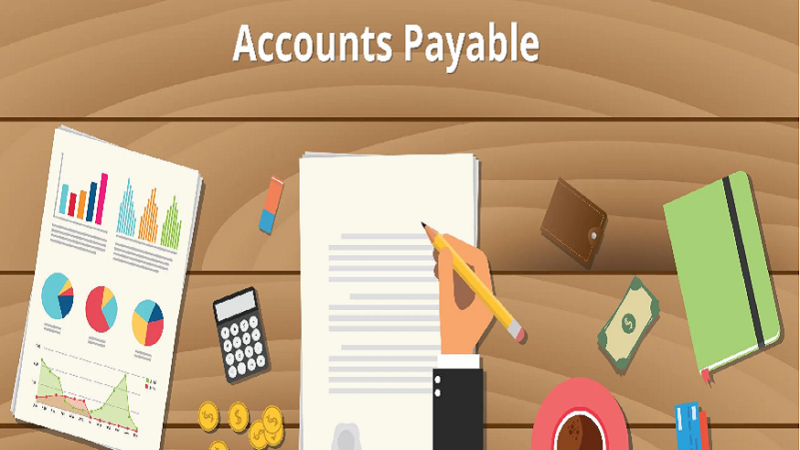Online Credit Card Bill Payments- How and Why?

The onset of the COVID-19 outbreak brought with it a chain of several events that, although could be earlier resisted, now have to be incorporated into our everyday routines. One of these events relates to every individual’s augmented dependence on technology. The current fast-paced world reiterates that our needs can be satisfied with just a click of a button. However, individuals to date counter this statement because of its difficulty in adaptation. This article addresses these problems, and provides solutions to the quandaries of many: why and how should we make online credit card bill payments?
As time passes and responsibility peaks, bills begin to accumulate. It becomes increasingly frustrating to keep track of the various bill payment deadlines and the penalties associated with each payment once the deadline has passed. Online payments ease hassles in life and provide individuals with the flexibility of adhering to a payment deadline from anywhere in the world with an internet connection. It also diminishes the fear of denting your credit score with compounded debt. This hassle-free life can be achieved through the following methods:
1. Banker’s Order
A banker’s order (also known as a standing instruction) is a directive issued by an individual to a bank to pay a specific amount regularly after every set interval to an account of the individual’s choice. These deposits are mostly considered to make fixed payments such as for a mortgage or rent. To set up such an instruction, an individual must approach their pertinent bank and ask them for the necessary information needed to be provided to set up such a request.
2. National Electronic Fund Transfer (NEFT)
An alternative to the withdrawal and payment of money or the writing of a cheque would be to use NEFT. This transfer system was designed to easily transfer funds from one bank account to another, with no branch or location restrictions. The only constraint in this process is that both the payer and the payee have to register for an NEFT account. The pros of such a service, however, outweigh its cons. An individual can access any account in any bank to make the payment transfer, and this can be done by simply clicking the ‘Funds Transfer’ option using online banking. The only detail that is required for the establishment of this service, other than the usual payee and credit card details, would be the IFSC Code. A bank branch’s IFSC Code would either be mentioned on the bank’s website, or can be found through a call to the bank.
3. Real Time Gross Settlement (RTGS)
The process of using the RTGS system is very similar to the NEFT system. The essential requirements remain the same — payee, bank and credit card details — and the IFSC Code can be declared through the bank’s customer care services. The main difference between these two systems, however, lies in the limit of payment transfer. RTGS relies on gross settlements whereas NEFT relies on net settlements. To simplify this, RTGS allows the transfer of very large amounts from one bank account to another or from one bank account to a credit card on the same day, whereas NEFT is more convenient for the transfer of small amounts.
4. Net Banking and Mobile Applications
The most common way to make online transactions or pay credit card bills would be through using a bank’s mobile application, or through their website. Once an account has been created and the payee’s details have been included, money can be transferred easily by just following the instructions on the website or application.
5. Card Transfer
The final method by which an individual can make a payment online would be by using their extant VISA or MasterCard. To set up this service and obtain a card, providing the usual details of one’s bank branch would be necessary. Transactions usually take some time to process (normally within a day or two).
Credit cards offer several benefits and advantages, but it is important to pay the bills on time. Failing to do so would result in the card issuer levying heavy penalties through interest rates, and it will also negatively impact your credit score.






